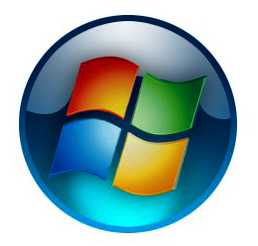
Gartner: Now is the time to prepare for Windows 7's end of life
Although Windows XP’s end of life date was set in 2007, many firms failed to completely remove all trace of the aging OS by the time the deadline arrived. In fact, it’s claimed that around 53 percent of businesses still have XP running somewhere in their organizations.
End of support for Windows 7 is set for January 2020 (some way off still, and Microsoft may push it back further), but Gartner says firms need to start planning for it now if they want to avoid finding themselves in a similar situation as many did with XP.
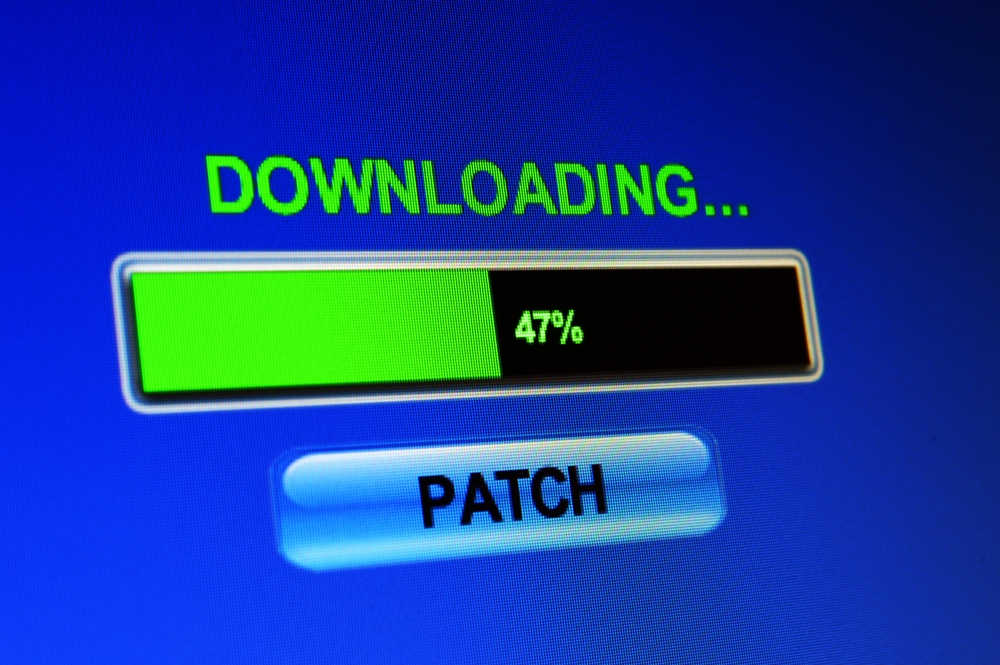
What to expect on August's Patch Tuesday
As all Windows users will know, the second Tuesday in each month means it's patch time. So that system admins don’t get caught out Microsoft has published its advanced notification ahead of August's Patch Tuesday.
So what can we expect to see in this round of updates? There are nine bulletins in total for software including Internet Explorer, Windows and Office. Two are rated "critical" as they allow for remote code execution.
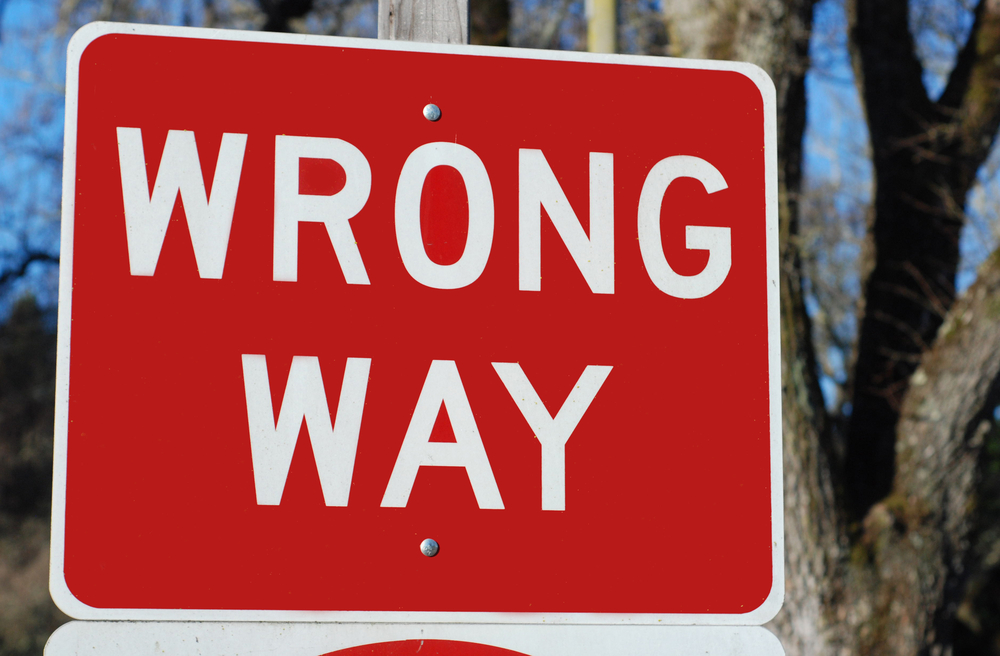
Windows 8.x loses market share for second consecutive month
Windows 9 can’t come soon enough for Microsoft, as Windows 8.x continues to lose market share, according to the latest usage data from Net Applications.
Last month I reported that in June Windows 8.x had gone into reverse gear, losing market share for the first time, and posed this question -- "Statistical anomaly or downward trend?" It’s too early to call it a "trend" but anyone who expected the tiled OS to make a recovery in July will be disappointed by the latest set of figures. There’s a striking difference this time around too -- both Windows 8 and 8.1 show drops in July. Ouch.

Must it always be Windows?
Many companies use Virtual Desktop Infrastructure (VDI) environments to enable their employees to work with mobile devices or from a home office. With VDI, employees remotely access hosted solutions and work securely on corporate servers. What sounds like the perfect answer unfortunately turns out to be, in reality, an aggravating, eye-opening experience for the users.
The reason for this is that these hosted apps usually run more slowly than local apps and require a steady, high-performance online connection, which is not always available in home offices. Thus, the work in a home office often goes slowly and is not accepted by the users. They would much rather work with their local applications on their desktop, especially since Microsoft Office applications are available on almost every computer.

XP is still used in 53 percent of businesses
It's around three months since Microsoft pulled the plug on support for XP, yet according to a survey carried out by Adaptiva at May's TechEd North America, 53 percent of respondents are still running the old OS in their organizations.
Just under half (43 percent) of respondents to the survey represent companies with more than 10,000 nodes (desktops, laptops and servers), including 13 percent with more than 100,000 so there are potentially a lot of business XP systems still out there.

Microsoft anti-malware support for Windows XP is counting down...
Microsoft stopped supporting Windows XP on April 8, which means the aging operating system no longer receives security updates and non-security hotfixes, potentially putting die-hard users at serious risk.
Although XP is no longer eligible to receive security updates, Microsoft is, however, still providing users with updates to its anti-malware signatures and engine, and will continue to do so until July 14, 2015.
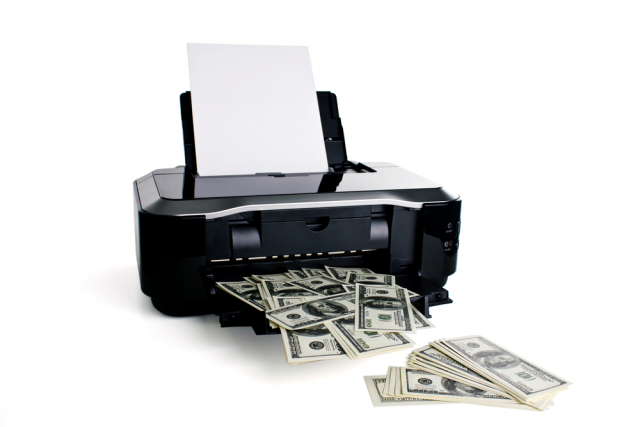
Microsoft's Q4 FY2014 earnings by the numbers
Microsoft has released its earnings results for the fourth fiscal quarter of the year (that is Q2 CY2014), posting revenue of $23.38 billion, gross margin of 15.79 billion and operating income of $6.48 billion. As a result, earnings per share (EPS) came in at $0.55 (below analyst expectations of $0.60).
Revenue, gross margin and operating income are higher than a year before, when they reached 19.89 billion, 14.29 billion and 6.07 billion, respectively. However, EPS is lower, dropping from $0.59. "We are galvanized around our core as a productivity and platform company for the mobile-first and cloud-first world, and we are driving growth with disciplined decisions, bold innovation, and focused execution", says Microsoft CEO Satya Nadella. "I'm proud that our aggressive move to the cloud is paying off -- our commercial cloud revenue doubled again this year to a $4.4 billion annual run rate".
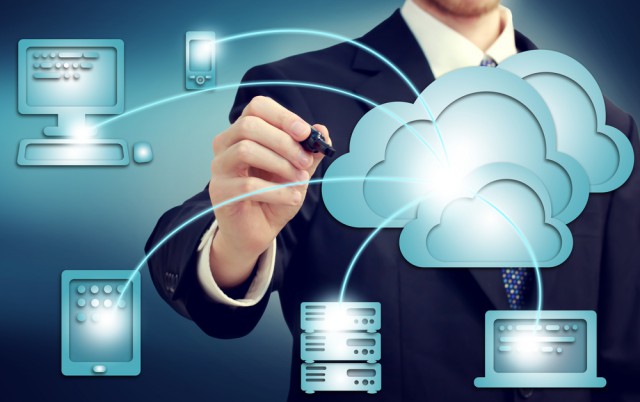
SoftWatch helps enterprises evaluate and implement XP alternatives
When Microsoft discontinued support for XP it left a large number of businesses, around 25 percent, needing to make a transformation of their IT environment.
As well as switching to a new desktop OS many are also moving applications to the cloud, changing hardware and introducing BYOD. In order to help IT decision makers with these choices, Israel-based software analytics specialist SoftWatch has introduced a new SaaS product.

Chromebook kicks OS X and Windows out of school
Get ready for another rash of "Year of the Chromebook" stories. It isn't, but tongues will wag. Today, NPD released new data about U.S. commercial computer sales which, like the last set, is sure to be misquoted. Spurred by educational buying, Chromebooks accounted for 40 percent of U.S. commercial channel notebook sales for the three weeks ended June 7. But some nitwits are sure to claim all sales, as they did following December's data drop. Commercial sales are more limited and represent those to businesses, educational institutions, governments, and other organizations.
That's not to diminish Chromebook's success, considering the category is but three years old and supplants OS X and Windows sales in the coveted education market. Users gotten young often stay with a platform for life. The browser-based computers aren't singular entities, either. Android and stand-alone Chrome platforms benefit, too, from halo sales going both ways.

Law enforcement and industry combine to prevent Shylock taking its pound of flesh
An international operation involving law enforcement and private sector organizations has been set up to combat the Shylock banking trojan. Shylock, which gets its name because the code contains lines from Shakespeare's The Merchant of Venice, is thought to have infected at least 30,000 Windows computers worldwide.
To date Shylock has targeted the UK more than any other nation so the country's National Crime Agency (NCA) is coordinating the international effort. This also includes the FBI, Europol, BAE Systems Applied Intelligence, GCHQ, Dell SecureWorks, Kaspersky Lab and the German Federal Police.

PC shipments show strong growth in USA -- global decline slows
The most popular computers nowadays, mobile devices such as smartphones and tablets, are full of compromises. Sure, they are sexy and fun to use, but hardly ideal for true work and creation. Hell, the "smart" in smartphone is starting to feel like a misnomer. A true desktop operating system coupled with a laptop, desktop or hybrid form factor will offer the most functionality and success.
Consumers have overlooked these mobile shortcomings as they have been mostly consuming content at home. However, the tides may be changing -- it feels like the consumer love-affair with mobile devices is starting to wane. Smart-watches may be the straw that breaks the camel's back. People are tired of retrofitting their desired computing to small screens. How about using an actual PC, rather than try to get PC functionality from a mobile device? Crazy concept, I know. Today, IDC announces that PC shipments are showing strong growth in the USA for Q2 2014, year-on-year.
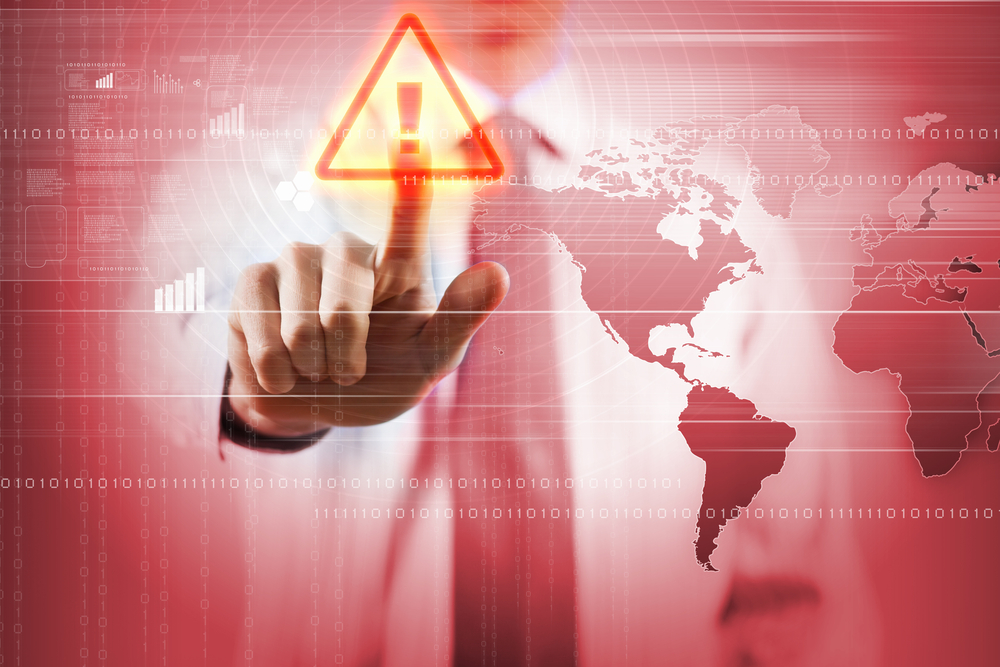
Patch Tuesday: Microsoft issues critical fixes for all versions of Internet Explorer
It’s Patch Tuesday, and Microsoft has issued six security bulletins including two which are rated "critical" and allow for Remote Code Execution (RCE), and three which are labeled "important" and allow for elevation of privilege inside Windows. The final patch is rated "moderate" and fixes a Denial of Service vulnerability in the Service Bus for Windows.
The patches affect all versions of Internet Explorer, as well as most versions of Windows. XP users are at risk from these vulnerabilities, but are not covered by the updates.
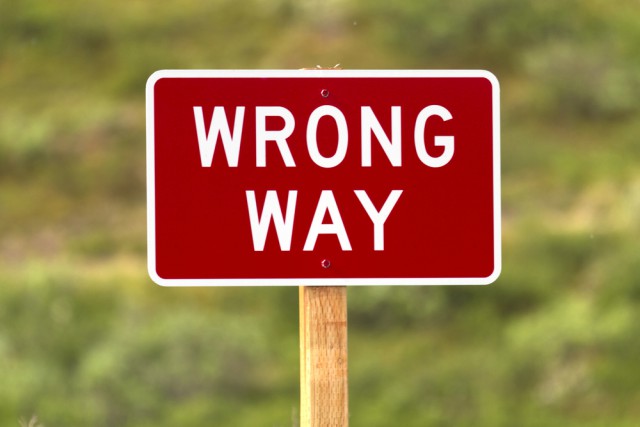
Windows 8.x goes into reverse gear -- loses market share as both Windows 7 and XP show growth
I’ll be honest, although Windows 8.x losing market share is a shocking state of affairs -- and a new low for an operating system which has struggled since launch -- it’s something that’s been coming for a while. Windows 8 has been dropping share since Windows 8.1 arrived, and Windows 8.1 has been growing at such a glacial pace it was only a matter of time before the losses outweighed the gains, and that’s exactly what happened in June according to NetMarketShare.
In a month where Windows 7 and Windows XP -- the OS that refuses to die -- both gained market share, "new Windows" shifted into reverse gear and began shedding users.

Opera decides to support Linux (again)
Even though it has gone to the effort of switching to another rendering engine to reach more users, Norwegian software company Opera, in mid-2013, ceased to further update the Linux version of its browser, leaving users without new features, bug fixes and security patches. In the meantime, Opera's main competitors, like Google Chrome and Mozilla Firefox, continued to give them the level of support that they deserve.
Now, after close to a one-year hiatus, the company behind the well-known browser announces the availability of Opera Developer 24 for Linux (and, of course, OS X and Windows). It is an unexpected release, and also great news for those hoping to witness the browser's triumphant return in the land of the open-source kernel.
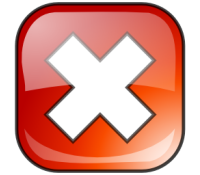
Instantly close or restart programs with ProcessKO
Closing one Windows process is usually straightforward. Clicking File > Exit should get the job done, Alt+F4 may also work, and Task Manager is on hand if you need it (Ctrl+Shift+Esc, right-click the process, select End Task).
Life gets a little more complicated if you want to close multiple instances of one program. Or restart them. You can still do this from Windows, but ProcessKO (also available in a 64-bit version) makes it much easier to close, restart and generally work with troublesome processes.
